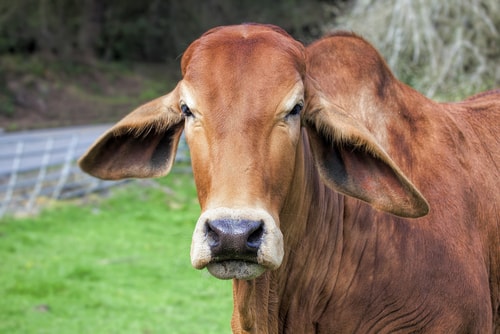Antibiotic reduction could impact nearly 1.2 million cattle annually
By Diego Flammini
Assistant Editor, North American Content
Farms.com
Cargill announced a 20 per cent reduction of its shared-class antibiotics, which are considered important for human medicine and farm animals.
Feed yards in Texas, Kansas and Colorado are among the facilities that will reduce their antibiotic usage.
The company’s reasoning for the reduction came after third party research and its own research had been completed.
“Our decision to eliminate 20 per cent of the antibiotics used in our beef cattle, which are also used for human health, took into consideration customer and consumer desires to help ensure the long-term medical effectiveness of antibiotics for both people and animals,” stated John Keating, president of Cargill’s Wichita-based beef business in a press release. “We need to balance those desires with our commitment to ensure the health of animals raised for food, which contributes to the production of safer food.”

The specific type of antibiotic being reduced is the Macrolide class and includes erythromycin, which according to the U.S. National Library of Medicine is “used to treat certain infections caused by bacteria,” including bronchitis, pneumonia and skin infections.
Cargill eliminated growth antibiotics from its turkey business in 2014 and by 2018 hopes to increase its Beef Quality Assurance feed yards to 90 per cent.
Keating said the company has an obligation to keep the animals healthy and make sure the ones that do fall ill don’t suffer. He said reducing the antibiotic use in beef cattle will help the company be more transparent to consumers about their operations and antibiotic policies.